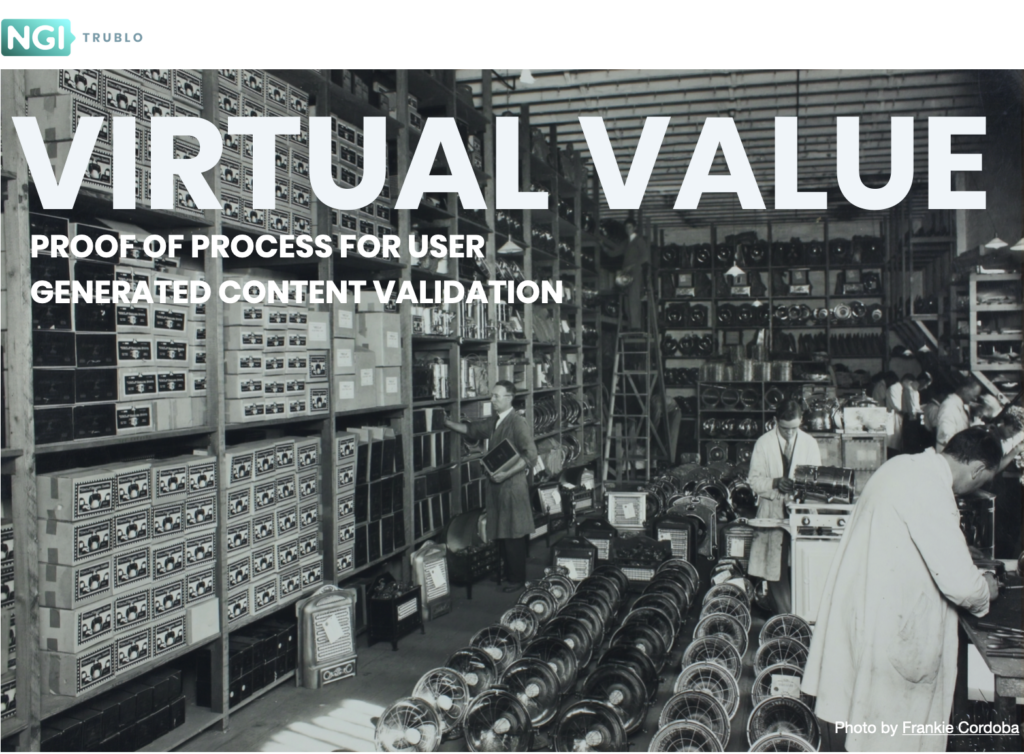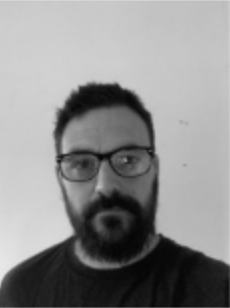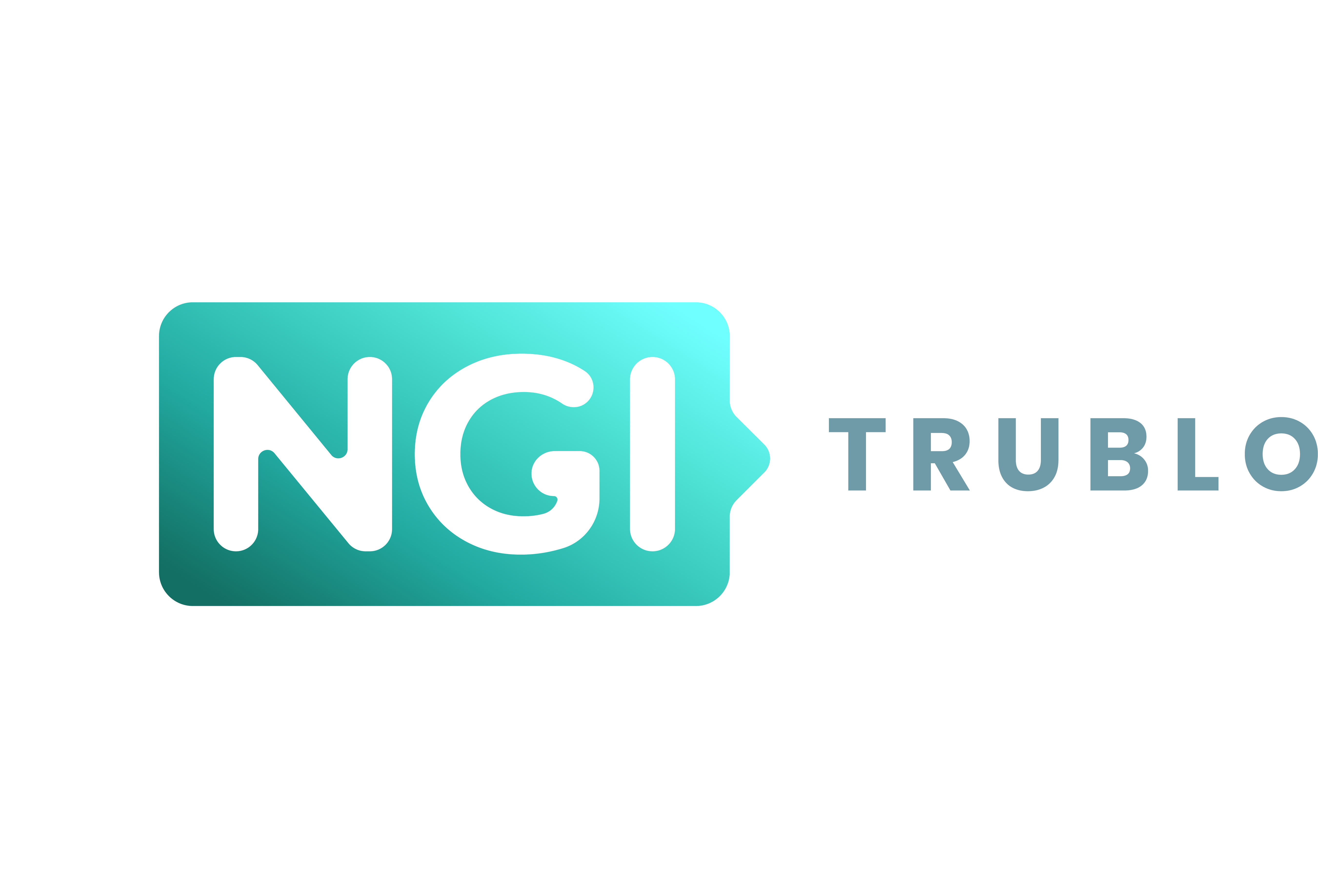Proof of process for user-generated content validation

Project
NFT technology allows us to build unique, personal, platform-independent collections of digital objects. It does not, however, guarantee the origin of those objects.
As we spend more time pursuing leisure, education or work activities through digital mediums, building relationships and having experiences, emotions and achievements, there is a need to mark and celebrate these moments, just as we do in the physical world with keepsakes, souvenirs and heirlooms. Indeed, our personal treasure troves of mementos are highly personal, hugely sentimental and rarely economically valuable, and they tell our story and expose our personalities. This need will be amplified by the emerging metaverse.
Although NFTs can protect the circulation of digital objects, they cannot prevent that object from being fraudulent. For example, Photoshop could be used to place a game avatar on an image of a game level that the player had not, in fact, reached through gameplay, and thus falsely claim the achievement.
Our project focuses on the need to be able to create digital artefacts that have unquestionably been generated through the process they represent. Beyond gaming, this concept has far-reaching applications in remote work; education; music, media and culture; security and financial audits; and many more.
Goals
- Determine optimum use cases for proof-of-process
- Devise and evaluate alternative approaches to ensuring proof-of-process
- Demonstrate conceptual proof-of-process in laboratory conditions
- Build an e2e MVP, minting a digital object generated through an application as an NFT
Team
Daniel Field is an experienced IT executive with over 17 years’ experience in bringing emerging technology to market. He started his career in consultancy in Atos R&D working on cloud computing business models and later managed a team of 25 researchers in cloud computing, HPC, smart cities and IOT. He participated in and led dozens of FP7 and H2020 projects. He coordinated the SLALOM initiative that sought to harmonise cloud computing contracts and SLAs, building consensus between providers including AWS and large buyers such as CERN. He was a formal ISO liaison officer, contributing significantly to ISO19086. In 2016 he left the research space, leading innovative sales and strategy with the mission of initiating sales in emerging technology: RPA, Chatbots, AI and blockchain. As the blockchain market grew he specialised, founded Atos’ regional practice in 2018 and promoted cross-region consolidation uniting the commercial practices. He left Atos in 2020 to lead UST’s global blockchain practice, a position he retains today along with the role of European Innovation Director.

Astor Ayllon has a background in broadcasting companies, where he has worked for several companies as a Field Engineer and Solutions Architect, analysing technical workflows to deliver the best outcome possible from all the potential integrations available. After leading the Media Asset Management Services for laSexta, where, apart from managing the main MAM service, he developed a system to handle, transcode and deliver the media for their secondary channels using Open-Source technologies, he moved into the UK to design and deliver the new BBC playout system (IRIS project), a system currently live that maintains all the BBC and World News channels (more than 30 simultaneous channels). Currently working in UST as a Solutions Architect, he has been working as a Product Owner and Scrum Master coordinating the tasks on different projects, where he analyses and designs open-source-based solutions that enhance the usage of the technologies available, delivering the ground services on several solutions for relevant customers.

The research team will be complemented by professional blockchain developers, project managers and marketers from the UST practice, according to task and availability.
Blockchain Experience
UST is a multinational digital transformation company. The company has worked on commercial blockchain projects across the World including the seminal work on the Bill of Lading solution with a maritime freighter and with Europe’s fourth-largest bank on the cross-border payment app, OnePay FX, which has been in production since 2018. The blockchain practice has also delivered value for clients in the energy, insurance, legal services and automotive sectors. In summer 2022 the company kicked off the development of a major CBDC solution with a European central bank.
